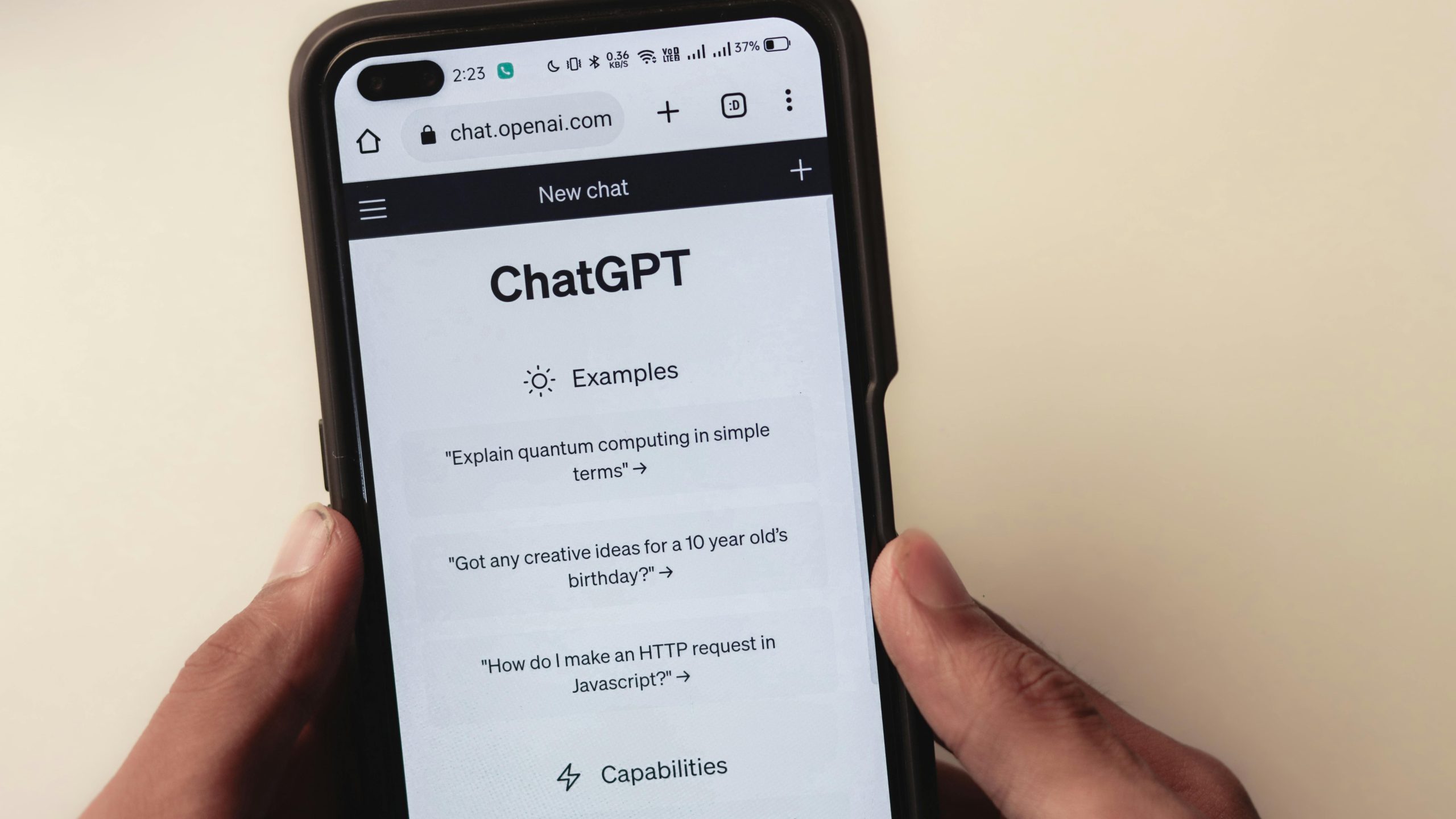
Can Artificial Intelligence Be Used To Edit Your Paper?
The initial reaction to the use of AI editors to help authors write their academic papers was highly negative. Using technology to aid in the generation of research seems, on the surface, to be highly unethical and thus strict regulations were introduced across most universities and institutions regarding its usage. However, attitudes and restrictions have since relaxed, and many now agree that AI can be used to assist researchers during many parts of the research process.
Here, we’ll look at how AI can be used to aid authors in the editing process, as well as the limitations of this technology.
Which parts of the editing process are AI editors ideal for?
There are a couple of areas in which it can be beneficial to use AI to edit your paper.
Checking grammar
Artificial intelligence editors are adept at picking up on simple grammatical mistakes and fixing them appropriately. They will identify any major mistakes like subject–verb errors, comma splices, incorrect punctuation, etc.
Chatbots like ChatGPT are trained on vast quantities of data and have thus learned the rules and norms of English grammar. Any glaring errors that do not follow these rules will be found and corrected by such technology, which is a huge advantage to multilingual authors whose first language isn’t English.
Improving writing style
Similarly, because of the amount of data they’re trained on, AI editors can also make relatively sophisticated suggestions to improve clarity, conciseness, and sentence structure. This can greatly improve the readability of a paper and ensure authors’ arguments are expressed clearly.
Also, it can suggest ways to formalise the language of a paper, ensuring that an author’s word choice and expression are in line with academic standards. By identifying and replacing informal or vague words and expressions, AI editors can ensure your prose is objective and academic.
What are the limitations of using AI editors to edit your paper?
Though there is clear value and uses for AI in the editing process, there are many things authors need to be wary of.
Level of editing
Ultimately, the major problem with AI currently is that it is incapable of understanding your work. This means that it is making changes without an understanding of the context; it calculates probability and makes its suggestions based on likelihood.
This can cause great problems for multilingual authors, whose word choice, sentence structure, etc., may not be fully accurate. If, for example, they use a word incorrectly, or sentence components are ordered in an uncommon way, then AI is not capable of deducing the author’s meaning to make a sophisticated change in the same way an experienced human editor can. This is another major problem for multilingual authors, who may not notice the change in meaning.
Additionally, it appears that many AI editors always, or at least most of the time, make a change to a sentence it’s provided. This leads to a vast number of redundant changes (for example, changing words that are already correctly used to synonyms that do not enhance the text).
This detracts heavily from the author’s voice—professional specialist editors are trained to be judicious in the choices they make, not to indiscriminately change words and phrases. They are also much better able to explain their choices to the author, so any misunderstandings can be cleared up.
Consistency and reliability
Whilst it’s true that AI editors can be helpful with regard to assessing grammar and writing style, there are many instances in which they are unreliable. Because changes are made at the sentence level, many chatbots have been shown to repeat information such as acronyms and definitions. And because they have a preference for certain words and phrases, they can also make papers seem repetitive and stilted, ruining the author’s flow.
They have also been shown to delete whole sentences for no discernible reason. Whole paragraphs are sometimes replaced with a simple, single sentence summary. This can entirely distort the author’s intended meaning and decrease the readability and coherence of a paper.
Even where grammar is concerned, AI editors have been shown to make mistakes with complicated sentences where it is unclear which subject the verb is linked to. Or with language components that are less rule-based and require a native speaker to spot, such as articles and tense.
It is thus good practice to go back over an edit by an AI editor to ensure that none of these problems arise. This presents an obvious problem for authors whose first language isn’t English, as they may find it more difficult to identify such changes.
Subject knowledge and experience
Artificial intelligence editors are generalists—they are not specialised in any one field. They can create texts and make changes that look convincingly scientific that are actually erroneous.
This is unlike human specialist editors, who are experts in the author’s field and can provide detailed feedback and make changes based upon their experience. Through their reliable, intelligent input, the integrity of the research is not compromised.
Should I use an AI editor?
While it is clear AI has benefits, it is limited by its inability to understand the context or nuances of an author’s work. This is particularly problematic for multilingual authors who may be less able to spot errors and unnecessary changes, risking changes that distort meaning or compromise the author’s voice.
Moreover, AI editors lack the subject expertise and critical judgment that human editors provide, which is essential for maintaining the accuracy of academic research. Additionally, the time saved by using AI is often offset by the need to go back over and check the changes are accurate.
At MDPI, authors are fully responsible for the originality, validity, and integrity of the content of their manuscript, including any material contributed by AI or AI-assisted tools, and must ensure, through carefully review, that this content complies with all MDPI’s publication ethics policies. Read more here.
If you want to read more on AI in academia, see our other articles on this subject.
MDPI Author Services offers several editing services to prepare your research for publication. Our Specialist Service is our most comprehensive, providing two rounds of editing and quality control checks (one language and one specialist), a detailed report compiled by the Specialist Editor reviewing all sections and other aspects of your paper, and more.
The Author Services team is made up of highly skilled English editors who have edited over 70,000 papers, with a 97% author satisfaction rate. Our services are available to both MDPI authors and those publishing with other journals. Visit the link above to get a free quote today.











